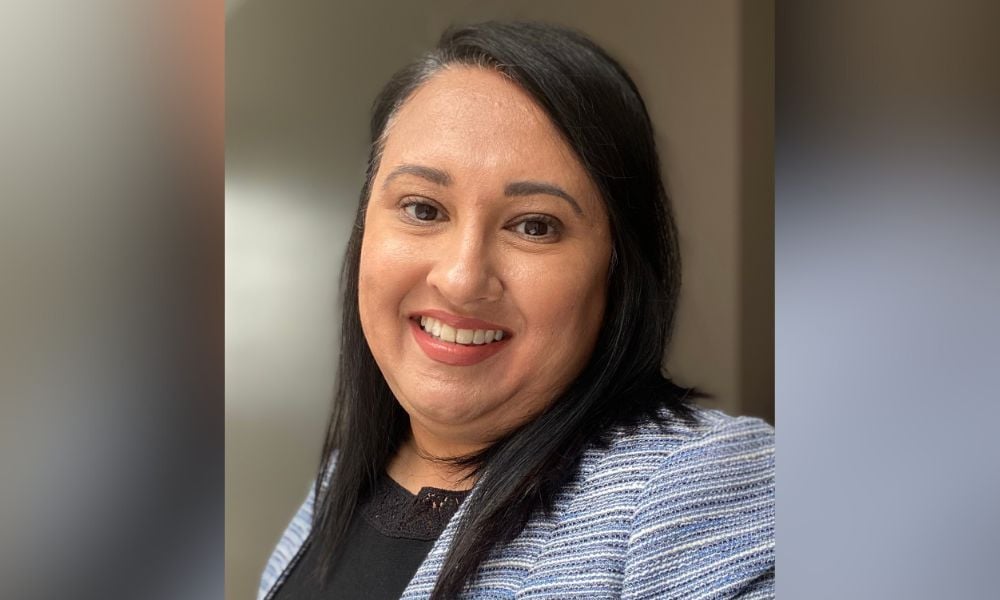
Manisha Mistry of CSA Group to speak at HRD's Wellbeing Summit Canada

The essence of any successful organization lies in its people – that’s according to Manisha Mistry, the Senior Director of Health, Safety, Security & Environment (HSSE) and Diversity, Equity & Inclusion (DE&I) at CSA Group.
Speaking to HRD, Mistry argues that recognizing employees as complete individuals, encompassing both their physical and psychological aspects, is not just beneficial but essential for tapping into their full potential.
“Our scope as safety professionals has evolved over the last several years,” she tells HRD. “For many, the scope of the role has widened - for myself particularly. I've been able to weave my role under diversity, equity and inclusion (DEI) in with the health and safety - because at the end of the day an employee needs to feel safe and a sense of belonging in an organization to really contribute optimally.
“It's been cool to watch - I think employees who’re able to come to work and be their authentic selves contribute in a way that they can't in other organizations. We've been able to connect the dots with our health and safety program, our DEI program and now overall from an environmental, social and governance (ESG) perspective.”
Mistry — who will be speaking at HRD’s upcoming Wellbeing Summit — says she understands that to thrive in her current role, the relationship with her HR counterparts is intrinsic.
“When we're looking at our Mental Health Ambassador Program, which is one of our shining star programs right now, we work with our HR team,” she tells HRD. “We need to make sure that our employees know all of the thing good things that we’re putting out there’. This program is here - we need to communicate it; we need to link it back to an employee's experience and all of the tools and resources we make available to them.”
And this seems to be the sticking point for many employers when they’re rolling out new benefits and programs – a lack of clear communication. A recent study from CloudMD found that only 37% of employees are utilizing their mental health benefits. Why? Confusion around costs and services available, a lack of time to participate with the programs offered and wait time to access the services. So, as Mistry points out, educating your people on their offered benefits and initiatives is a core part of the process.
Another core aspect? DEI, of course. The integration of diversity, equity, and inclusion within the organizational fabric is another area where Mistry has made significant strides. The creation of employee resource groups focused on various aspects of identity and experience, such as women's empowerment and LGBTQ+ support, is a testament to CSA Group's commitment to fostering an inclusive work environment.
“The fact that we recognize employees as multi-dimensional individuals helps us acknowledge that everyone’s needs are different, and employees need safe spaces.” This approach helps us contribute to the overall employee experience.”
Touching on the topic of ESG, Mistry says that CSA Group's journey has been purpose driven from the start. CSA Group is a global organization dedicated to safety, social good and sustainability. It’s a leader in Standards Development and in Testing, Inspection and Certification around the world including Canada, the U.S., Europe and Asia. The mandate is to hold the future to a higher standard. CSA Group is comprised of two organizations: Standards Development and Testing, Inspection, & Certification.
“Our work inherently contributes back to societal good,” she tells HRD. “We're able to align our work back to saving lives, creating a better world and making a positive contribution back to the environment.”
“Our safety program is not just safety, it's health, safety, security and the environment. So, we’re very already conscious of our operational impact beyond our four walls from a values perspective - tying it back to the work we do under DEI. It's very humbling to see it all come together.”
And Mistry isn’t alone in her furore for instigating meaningful environment change. For many candidates, especially younger talent, it’s an absolute must when looking for a new role. According to data from Glassdoor, 75% of candidates look at a company's social and environmental practices before deciding to accept an offer. And for the Millennial and Gen Z groups that number sits at 80%.
Another important factor younger candidates consider? How well a company supports their financial wellness – especially in today’s stretched economy.
“We recognize wellness across a variety of different areas,” says Mistry. “As individuals, we're all dealing with different situations and circumstances. This year, we've had a strong focus on financial wellbeing recognizing that elevating knowledge and resources in this area is essential for our employees today and for the future."
Want to learn more about how to supercharge your organization’s wellbeing? Register for HRD’s upcoming Wellbeing Summit here.